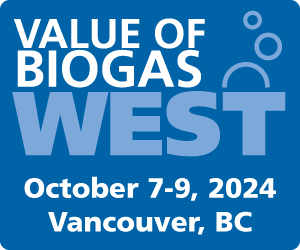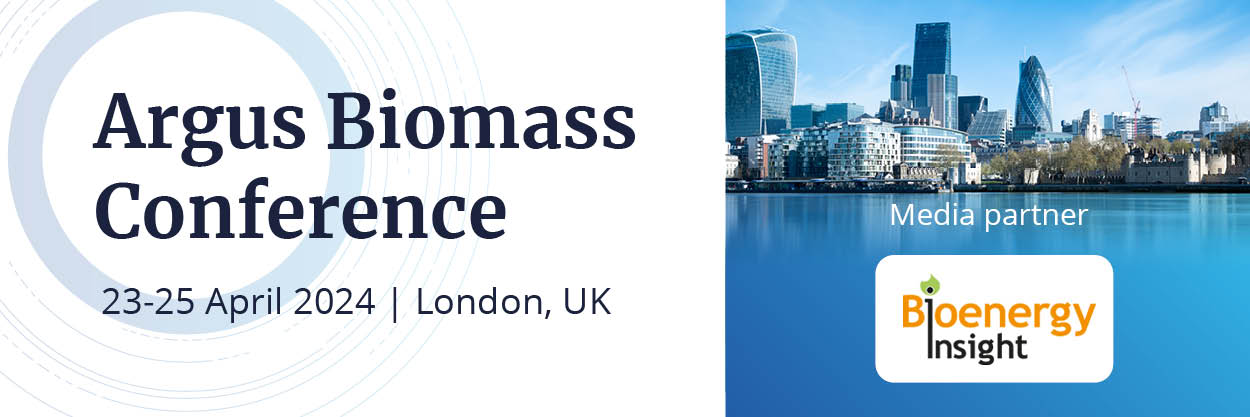Bill passed to up biogas RHI subsidies
Coming into effect on 22 May, the legislation will increase the amount available to biogas and biomethane producers under the scheme and impose new feedstock requirements.
The Anaerobic Digestion & Bioresources Association (ADBA) has been told that legislation has passed that will restore higher tariff levels under the Non-domestic Renewable Heat Incentive. The tariffs are being seen as a boon for the biogas industry and will come into effect on 22 May.
Subsidies for biomethane are being reverted to those between April and June 2016, and subsidies for biogas are being reverted to those between October and December 2016. Both of these are being adjusted for inflation and are to ensure that the technologies receive enough support to stimulate growth.
At least 50% of biogas and biomethane must come from waste residues to be eligible under the revised RHI. Where more than half comes from crops, everything over the threshold will not be supported.
The reforms are designed to ‘rebalance’ the projects supported by the scheme (which is currently dominated by biomass boilers and crop-fed anaerobic digestion) to better address sustainability and carbon targets.
The RHI automatically closes when it reaches its budget cap, meaning that there is currently a chance of the scheme closing in the period between a project being committed to and becoming eligible for subsidies. ‘Tariff guarantees’ included in the Bill are designed to resolve this and give investors certainly about the subsidies a project will receive. A rate will be promised from the point of financial close, rather than from when it is commissioned or begins operation in the case of biomethane facilities.
Budget caps are published by the Department of Business, Energy and Industrial Strategy. Ofgem administers the scheme.
Charlotte Morton, chief executive of the Anaerobic Digestion & Bioresources Association (ADBA), said in a statement: “The restored RHI tariffs will give a vital boost to the AD industry’s ability to produce green gas over the next few years, but with emissions from heat accounting for a third of all UK greenhouse gas emissions and no clear government strategy yet identified for decarbonising heat, it’s imperative that the government commits to long-term support for green gas beyond 2020 while the industry works to bring down costs to become financially self-sufficient.”
The association has said that the industry is currently contributing over 4 TWh of gas per year, but with ‘the right support’ could provide around 15% of total UK gas consumption and heat 30% of UK households.
The National Audit Office (NAO) has previously criticised the scheme for its cost-effectiveness. Included in the NAO’s report was an outline of failings by Ofgem to screen non-compliant participants. The Bill gives the regulator new powers to audit applicants and impose sanctions.
The scheme is intended make a ‘significant contribution’ to the government’s obligation to generate 15% of energy from renewable sources by 2020; this is under the EU’s Renewable Energy Directive.
























